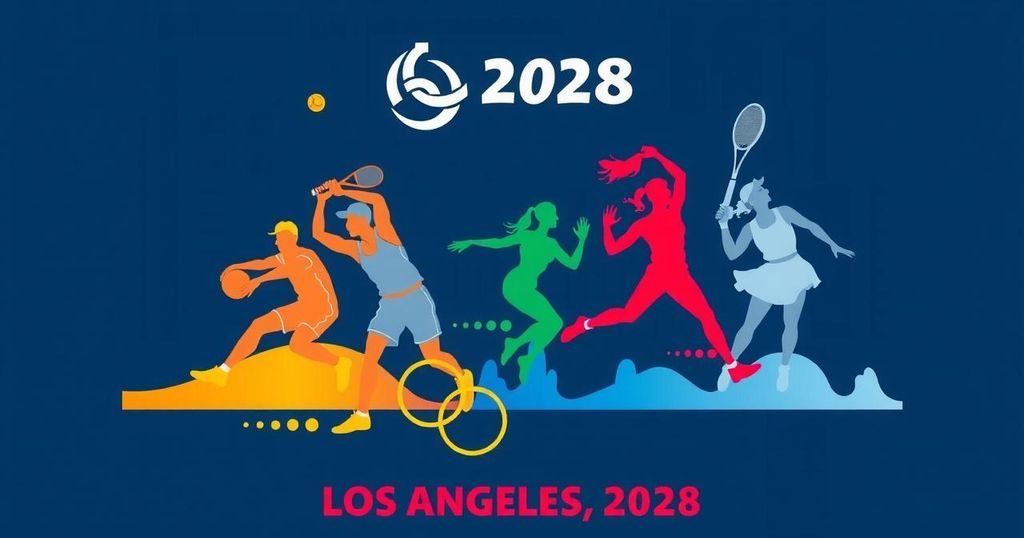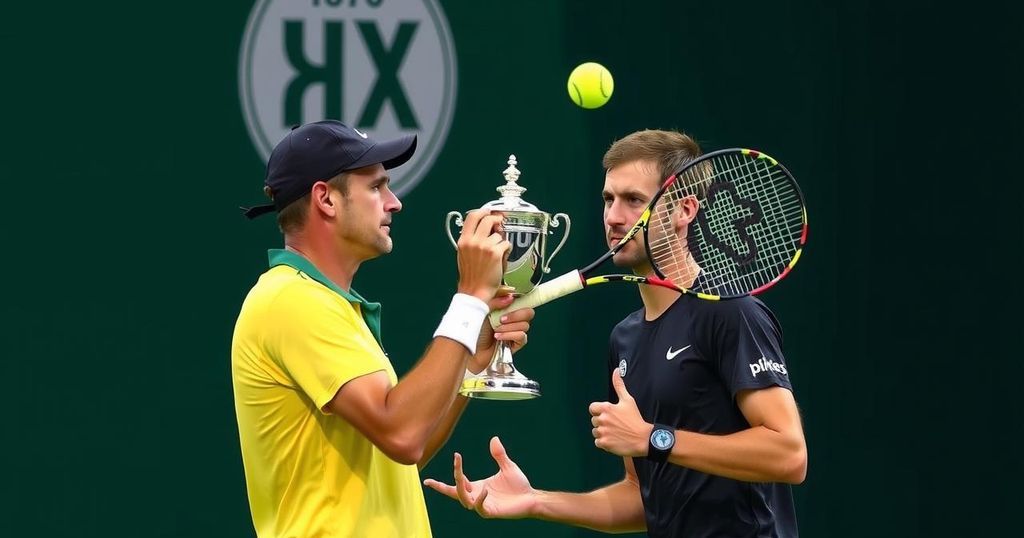Exploring the Vision for the Los Angeles 2028 Summer Olympics: Innovation and Tradition Unite
Summary
The 2028 Summer Olympics in Los Angeles will feature new sports including flag football, squash, and obstacle racing, alongside the return of traditional sports such as lacrosse and cricket. The event will commence on July 14, earlier than the Paris 2024 Games, using multiple venues, including SoFi Stadium and the Los Angeles Memorial Coliseum, emphasizing a unique and authentic Los Angeles experience.
The 2028 Summer Olympics, set to take place in Los Angeles, will usher in both new and returning sports, offering a refreshed approach as it assumes the Olympic mantle from Paris. This will mark a historic moment as Los Angeles becomes the third city to host the Olympic Games for a third time, having previously done so in 1932 and 1984. In contrast to the storied architecture of Paris, which showcased historical landmarks, Los Angeles will draw upon its vibrant street life and cinematic legacy. The Games will introduce new sports such as flag football, squash, and modern obstacle racing, alongside long-awaited returns of lacrosse and cricket, which have not been part of the Olympic program for over a century. The LA organizing committee’s decision to include flag football aligns with its vision for promoting American football globally, while squash is once again positioned to contend for Olympic recognition after previous close calls. Obstacle racing, a modern adaptation designed to enhance accessibility, will replace equestrian in the modern pentathlon. The 2028 Olympics aim to engage international audiences, particularly with cricket designed to connect with the substantial fanbases in India and Pakistan. Both lacrosse and cricket will be presented in formats that cater to contemporary viewing preferences – with six-a-side lacrosse and the fast-paced T20 cricket. Additionally, baseball and softball will return after their own Olympic hiatus, symbolizing a new era for these sports in Los Angeles. The Games will commence two weeks earlier than those in Paris, with the opening ceremony planned for July 14, 2028, which is a notable adjustment in the Olympic scheduling tradition. SoFi Stadium and the Los Angeles Memorial Coliseum will serve as the main venues, providing dual sites for athletic events while showcasing Los Angeles’ multifaceted cultural identity. As the Olympic vision unfolds, LA organizers emphasize the uniqueness of the city, with LA 2028 Chairperson Casey Wasserman stating, “The 2028 Games will be authentically Los Angeles.” This commitment to presenting an Olympic experience distinct from Paris reaffirms the role of Los Angeles as a forward-thinking cultural epicenter.
The upcoming Los Angeles 2028 Summer Olympics represents a significant cultural and sporting milestone as the city transitions from Paris, which will host the Games in 2024. This reciprocal exchange between host cities reflects not only a continuity of tradition but also a distinct evolution in Olympic sports, settings, and audiences. The integration of new sports and the revival of traditional sports that have been absent for decades demonstrate a concerted effort to modernize the Olympic Games, thereby appealing to a younger demographic and enhancing global participation. Los Angeles’s cinematic heritage and diversity provide a unique platform for crafting an Olympic narrative that is both historic and contemporary. Furthermore, the format changes and scheduling shifts are integral to creating a dynamic experience for athletes and audiences alike, highlighting a commitment to innovation in the Olympic framework.
In conclusion, the Los Angeles 2028 Olympics promise to redefine the Olympic experience with an infusion of new sports, the return of long-neglected disciplines, and a celebration of Los Angeles’s rich cultural landscape. As the city prepares to embrace its role as the next Olympic host, it signifies a commitment to authenticity and innovation, ensuring that the Games will resonate with both participants and spectators worldwide. The preparations reflect a strategic vision aimed at modernizing sports while preserving the Olympic spirit.
Original Source: apnews.com








Post Comment